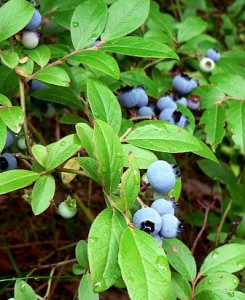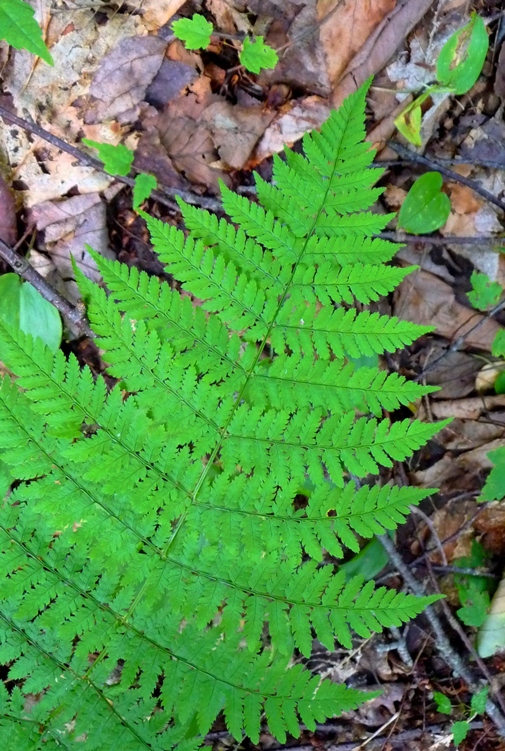 Kneeling beside my first deer, I had no words. I just sat there stunned, my hand on his shoulder, uncertain whether I would ever hunt again.
Kneeling beside my first deer, I had no words. I just sat there stunned, my hand on his shoulder, uncertain whether I would ever hunt again.
Finally, I whispered something clumsy: half gratitude, half apology.
The next year, when my second deer dropped in his tracks, I was shaken but less shocked. I spoke my thanks and asked forgiveness simply, without grace.
It was after my third deer fell that I knelt to lean a few small sticks against each other, then cloaked them with three fern fronds, still green in mid-November.
If I had grown up in a family of hunters, or in a culture that spoke to the wild, perhaps I would have had some prayer or ceremony at the ready. As it is, the words and gestures are still part of what I hunt for. Over time, as I find them, perhaps a ritual habit will take root in the thin soil of my few years afield.
These gestures need not be confined to the hunt, of course.
Considering all the deaths we inflict, directly and indirectly, there’s as much reason to fall to my knees by a shelf full of bread or corn chips in the grocery store, or even by a display of organic produce at the local farmers’ market.
Yet, standing in front of fruits and vegetables grown by others, I have the luxury of not knowing what cost they incurred.
Maybe the harm was no worse than the initial “conversion” of forest to tillable farm land, plus a few earthworms chopped by shovel or tractor, or some caterpillars knocked off by a bacterial insecticide.
Considering the larger impacts I know my life has, I have decided not to worry about individual invertebrate deaths. I value them ecologically and gently escort many insects out of our house. But I crush the cucumber beetles that attack our squash seedlings.
On the other hand, maybe a few toads were diced in the tilling. Maybe the field was fertilized with compost made from both the manure and the carcasses of cows. Maybe the bushels of greens on display at the farmers’ market took the life of a family of woodchucks. Maybe the flats of strawberries grew to ripeness thanks to the killing of a deer or two.
A long list of maybes: things most of us don’t know or care to know.
When I garden—uprooting weeds, mashing beetles, occasionally shooting a woodchuck—the luxury of ignorance begins to fade.
When I kneel beside a dead whitetail, it disintegrates. Yanked out of forgetfulness, I find I must offer some gesture of gratitude and apology, no matter how clumsy.
© 2010 Tovar Cerulli

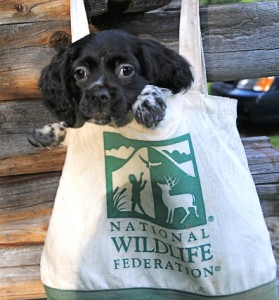
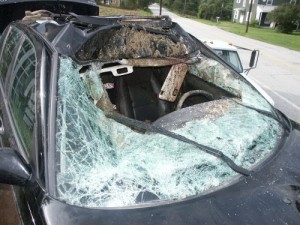
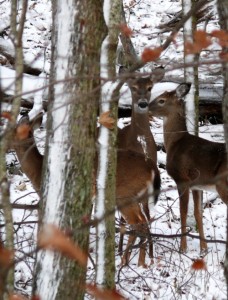
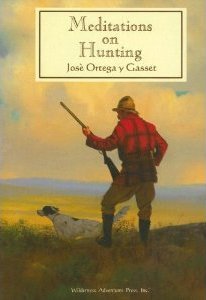
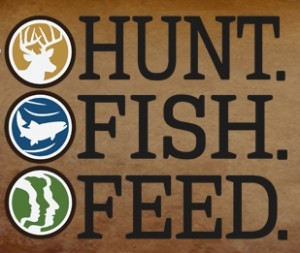 Two weeks ago, I got an email from
Two weeks ago, I got an email from 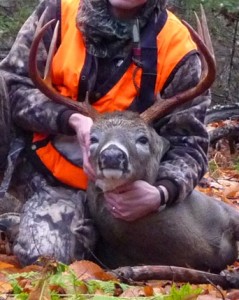 In the periphery of my mind, the antlers registered: maybe six points, probably a little bigger than the five-pointer I had shot some fifty yards from here, the year before.
In the periphery of my mind, the antlers registered: maybe six points, probably a little bigger than the five-pointer I had shot some fifty yards from here, the year before.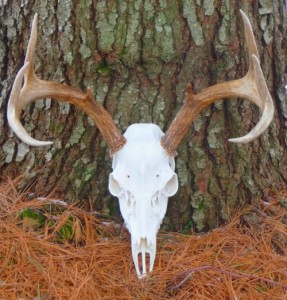 Yet I did keep the skull and antlers: As things of stark beauty. As a reminder of that hunt. As a reminder of the biggest deer I ever expect—or feel any need—to kill.
Yet I did keep the skull and antlers: As things of stark beauty. As a reminder of that hunt. As a reminder of the biggest deer I ever expect—or feel any need—to kill.